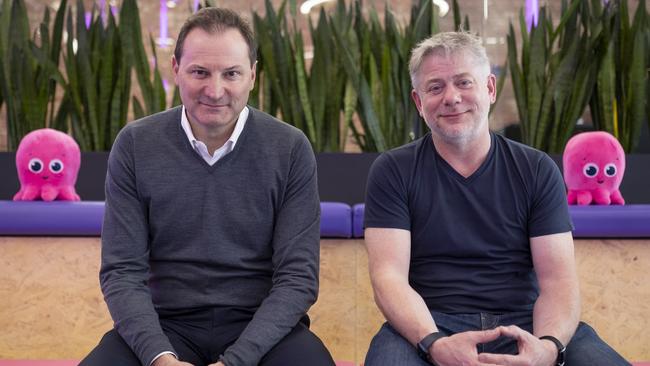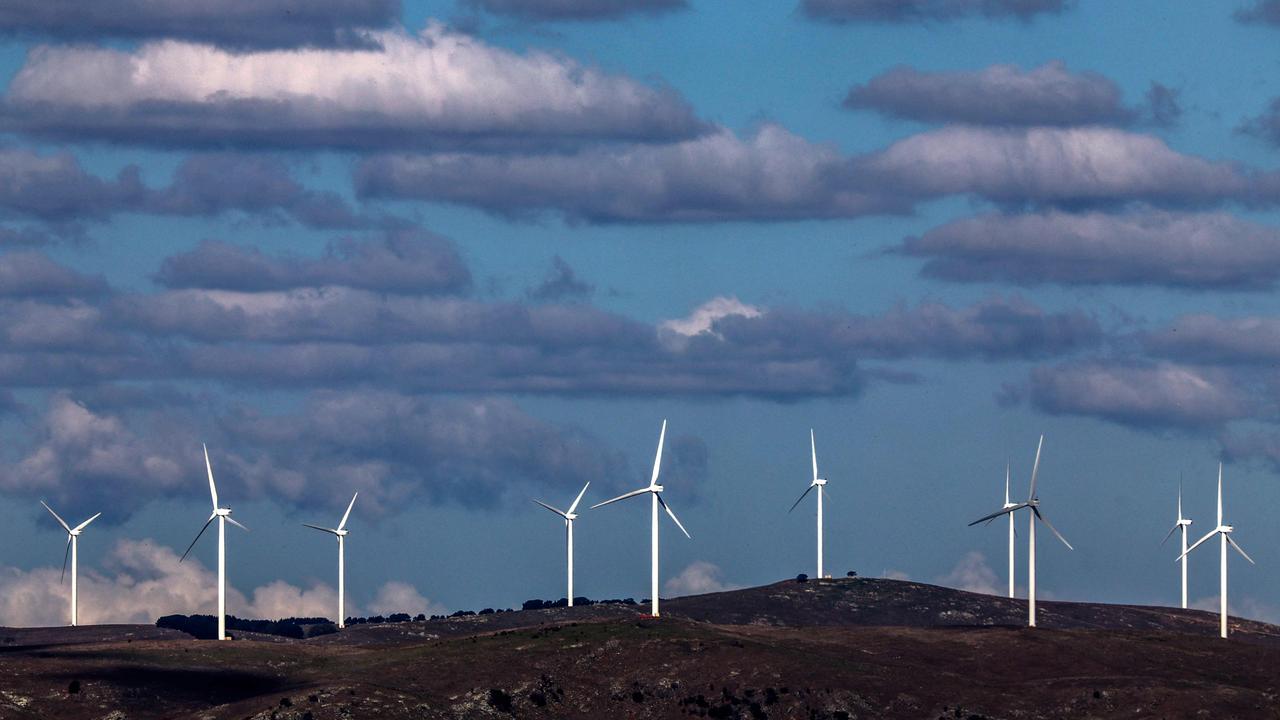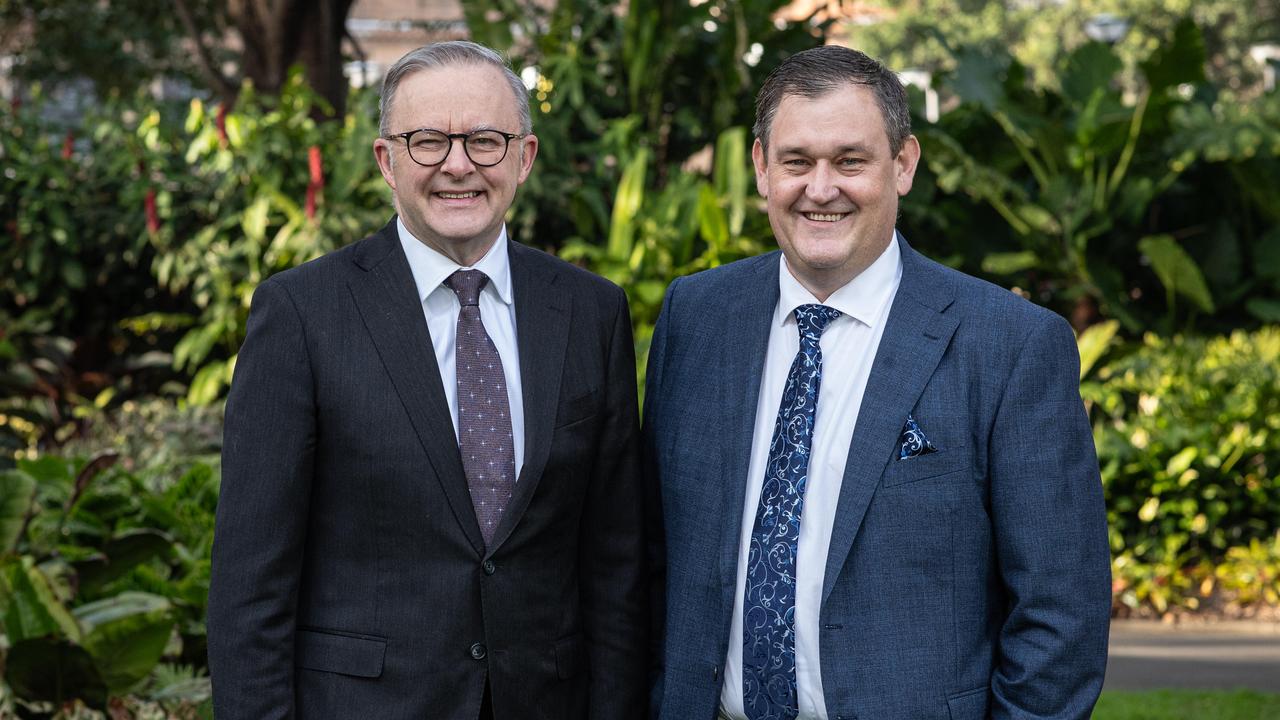How Origin’s investment in Octopus grew from a UK study trip
Ahead of introducing a cap on electricity bills here, two Origin Energy execs went to London and met the high school dropout-turned-Cambridge graduate revolutionising the energy market.

Just months ahead of Australia introducing a cap on the average electricity bill, two Origin Energy executives travelled to London to evaluate the British experience.
They came back with not only first-hand experiences of how the Brits have coexisted with their own default market offer – but it was the genesis of one of Origin’s most important recent investments – Octopus Energy.
Led by Greg Jackson, a high school dropout-turned-Cambridge graduate, Octopus has revolutionised the British energy market.
In less than a decade, Octopus is now the largest electricity retailer in the UK and appreciated by many of its customers – no easy feat when prices surged during a global energy crisis which pushed many households to the brink.
The growth has been stunning and shows little sign of abating – as Octopus sets its sights on using global demand for its technology to fuel its growth in retail – offering it the opportunity to sell a suite of electrification products such as heat pumps and electric vehicles.
The success has caused Octopus’ valuation to soar. It is now worth $US9bn ($13.6bn), a jump of 15 per cent in just six months. It’s a major boost to Origin which owns 23 per cent of the company.
But Origin’s investment was slightly fortuitous, says Jon Briskin, the executive general manager of the Australian energy giant.
“We wanted to just check who was successful and what strategies they had adopted in that market. And so we spoke to the regulator, we spoke to a number of different start-ups, and spoke to a number of companies in the big six,” he said.
“We asked, ‘who are you most worried about?’ A few of them said Octopus.”
With fewer than 400,000 customers, placing it at the time outside of the top 10 largest electricity retailers in the UK, that answer was a bit surprising.
But when Mr Briskin and Origin X head John Bowie met with Octopus, the answer became evident.
“They were doing something different. What impressed us the most was the way they had thought about solving this customer issue,” Mr Briskin said.
“Historically, energy companies have made money in this market from poor customer service, and hoping that customers don’t engage.
“Octopus flipped that on its head and went to a world which was centred on ‘how do I just provide the most exceptional customer service and experience? How do I use technology, because they come from a technology background, to deliver that most efficiently? And how do I build a culture and a team around making a true dent in the carbon emissions and effectively greening the planet’?”
Octopus’ solution to improving customer experience was its Kraken technology platform. The platform enables a customer service representative to manage accounts so efficiently that they can handle all queries rather than be shunted from department to department, limiting the amount of staff needed.
Octopus estimates that it costs about £40 pounds ($76 per user) less than rival products to manage its customers.
While Origin recognised the advantages of Kraken, it took another two years before it could invest and take a stake.
Once it did, however, Origin moved quickly and migrated its more than 4 million households and businesses accounts to the Kraken platform.
The savings have been substantial. Origin estimates it saves about $150m a year through the use of Kraken.
With substantial savings, Kraken is in hot demand. Octopus licenses the platform to energy utilities around the world. It now has more than 50 million accounts on Kraken and Mr Jackson said the company would struggle to meet demand for its 100 million users on the platform by 2027.
Origin has the competitive advantage of having an Australian exclusive-use agreement with Octopus.
The Kraken platform is Octopus’ major revenue driver, allowing the UK company to fund its growth.
Octopus has in recent years acquired Bulb Energy – once Britain’s seventh largest energy retailer – and Shell’s household energy business in the UK and Germany.
Octopus Energy said that it would take over providing energy for 1.4 million homes as well as broadband services for 500,000 customers. Octopus now has almost 8 million customers.
But Octopus is ploughing significant investment into research and development, and Mr Jackson has plans to drive the green revolution and has more than a dozen engineers working on developing the next generation of electronic household appliances.
The company’s Reading-based lab is equipped with two full-sized houses and the company has rolled out a suite of products including heat pumps – and more are poised to hit the market soon.
By equipping more and more homes with its technology Mr Jackson says households can lower their bills, the UK can meet its net zero ambitions and Octopus will grow substantially.
“It is a bit like Apple. If you have an iPhone and any form of earphones or headphones, the chances are that they are Apple ones because they just work better together,” Mr Jackson said.
“If we have control of your home battery, your heat pump, your hot water and your energy tariff – we can optimise that based on weather forecasts, and the data we have learned based on your expected demand – we can optimise that to meet your needs at the lowest possible cost, but that only works if we control that equipment.”
The model is a template for Australia.
Australia has the world’s highest proliferation of rooftop solar and a growing number of households are installing batteries.
Coupled together, these homes become a so-called virtual power plant.
Origin Energy’s VPP is growing rapidly and it is now its biggest single unit generator of electricity.
The rise of VPPs are widely seen as central if Australia is to achieve its ambitious renewable energy target of having zero-emissions sources generate more than 80 per cent of the country’s electricity by 2030.
Australia is struggling to build renewable energy generation quickly enough to compensate for the loss of coal, and the rise of VPPs offers a much-needed boost.
The rise of VPPs will still, however, require significant overhaul of Australia’s distribution network. Building new transmission lines has proven to be the major sticking point in Australia’s energy transition.
If Australia is unable to build enough renewable energy assets, it would be forced to lengthen its reliance on coal generators.
* The reporter travelled to London as a guest of Origin Energy




To join the conversation, please log in. Don't have an account? Register
Join the conversation, you are commenting as Logout